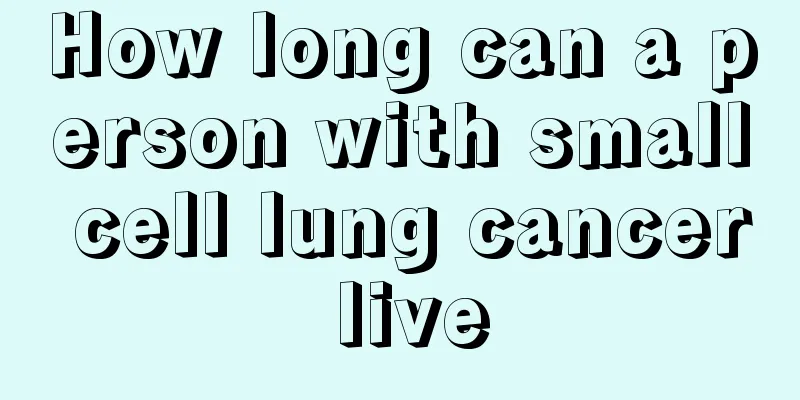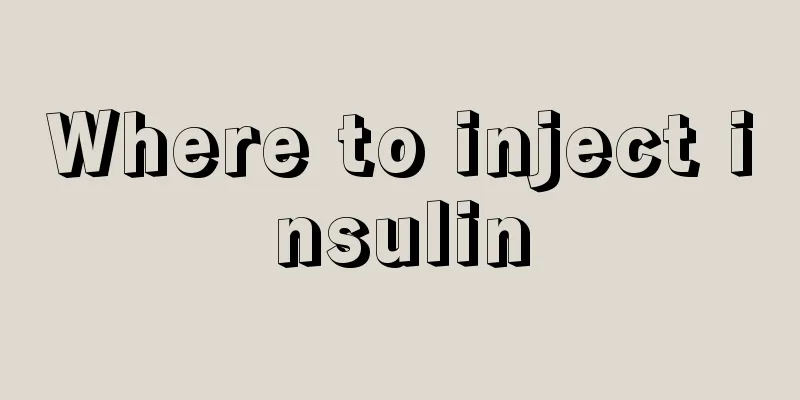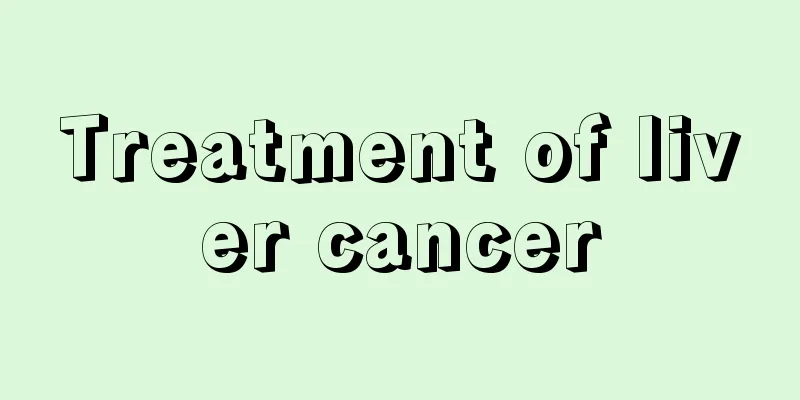Laparoscopic surgery for gallstones

|
Gallstones are a very common disease in daily life. It not only causes great harm to the patient's physical health, but also seriously affects their normal life and work. Therefore, it is particularly important to find a scientific and effective treatment method. Generally, it needs to be treated by surgery. Laparoscopic surgery for gallstones is increasingly used with the development of medicine. 1. Gallbladder stones cannot be broken or dissolved. The lithotripsy in the hospital is mainly used to crush kidney stones and ureteral stones. After it is broken into pieces, you can excrete the broken stones by drinking more water and urinating. The gallbladder cannot dissolve stones. If the stones can be dissolved, then the strong solvent may also dissolve the gallbladder. The gallbladder cannot break up stones either. If it is a big stone, it will not fall from the gallbladder duct into the common bile duct; the lowest end of the common bile duct, the opening where it enters the intestine, is like a funnel, getting thinner and thinner. If it is broken into pieces, it will block the opening and cause renal syndrome. More serious cases are cholangitis or acute cholangitis, which are fatal diseases. 2. Relatively conservative treatment For patients with acute cholecystitis, anti-inflammatory and bile-draining treatments are generally adopted. In the first three days of acute cholecystitis, cholecystectomy can be performed; if the gallbladder and surrounding tissues are edematous after three days, there is a certain risk in surgery because it may accidentally injure the common gallbladder duct and other tissues. The gallbladder can be saved through conservative treatment. If the baby cannot be saved, a cholecystostomy may be needed, which is mainly to suck out the bile that has pus or is infected with bacteria in the gallbladder. Wait three months later, and then have a second operation to remove the gallbladder. At this time, the operation will be safe. 3. Not advocating gallbladder preservation and stone removal Twenty years ago, in order to cater to the patients' reluctance to have their gallbladders removed, the treatment measure generally adopted was to preserve the gallbladder and remove the stones. This practice is not recommended now. Why is that? Because gallstones or cholecystitis have two dangers: the first is that it causes pain. When the disease strikes, I feel very uncomfortable, with fever, pain, and I dare not eat oily food. The second is that there are stones rubbing inside, which will become chronic cholecystitis, which is a precancerous lesion. Over time, it may turn into gallbladder cancer. Once you get gallbladder cancer, the average survival time is often only about six months, so you cannot wait until you get gallbladder cancer to have surgery to remove it. If you just do a gallbladder-preserving stone removal surgery, the stones will be removed, but the gallbladder may grow stones again. In addition, the gallbladder may have a tendency to become cancerous. The longer the time, the greater the chance of cancer. 4. Laparoscopic surgery for gallstones Generally speaking, different stone treatment methods are used for different parts of the biliary system. It generally includes traditional Chinese medicine treatment and surgical treatment. Traditional Chinese medicine treatment has relatively fewer side effects, but it is easy to relapse after treatment. Surgical treatment is mainly for patients who have been troubled by stones for a long time and for whom conservative treatment has not been effective. The current resection surgery is relatively mature and there are many treatment cases, so if the conditions are met for surgical treatment, surgical treatment will be adopted. However, there may be complications after surgery, including abdominal pain, abdominal bloating, etc. Therefore, patients who undergo resection surgery must pay attention to diet management after the operation. After the operation, in addition to paying attention to a light diet, you also need to pay attention to food hygiene, a balanced diet, and a regular diet. Once complications occur, treatment will be extremely difficult, so good care must be taken after the operation. |
<<: Is there still plague now?
>>: What to do if you have gallstones
Recommend
The most obvious symptoms and manifestations of colon cancer
There are no obvious symptoms and manifestations ...
What should I do if I have ulcers on my lips?
Many people often experience symptoms of oral ulc...
Experts tell you: What are the early symptoms of colon cancer?
What are the early symptoms of intestinal cancer?...
Are parasites visible to the naked eye?
Everyone is particularly afraid of some parasites...
A pimple won't go away
Everyone knows that acne will appear on the face ...
Is the pulse therapy device good for the body?
Many people do not know much about physical thera...
What is hemorrhage caused by liver cancer? How to treat hemorrhage caused by liver cancer?
Liver cancer is a very dangerous disease and a ma...
How do osteosarcoma patients self-diagnose
Everyone knows that osteosarcoma needs to be diag...
Which is better, acacia honey or vitex honey?
Everyone is familiar with honey. Whether it is dr...
How do hospitals treat liver cancer? Hospitals commonly use three treatment methods for liver cancer
Liver cancer is a tumor disease that is difficult...
Be careful not to become bald if you wash your hair like this
In fact, many people will find a phenomenon in li...
Can I still eat expired salad dressing?
Salad dressing is rich in flavor, nutritious and ...
What to do if you are in a coma due to a heart attack
Heart disease is a relatively serious disease. If...
It is necessary for people to pay attention to the causes of cardia cancer in a timely manner
In recent years, the incidence of cardia cancer h...
What kind of underwear is good for flat-chested girls?
Some girls have poorly developed breasts and do n...









